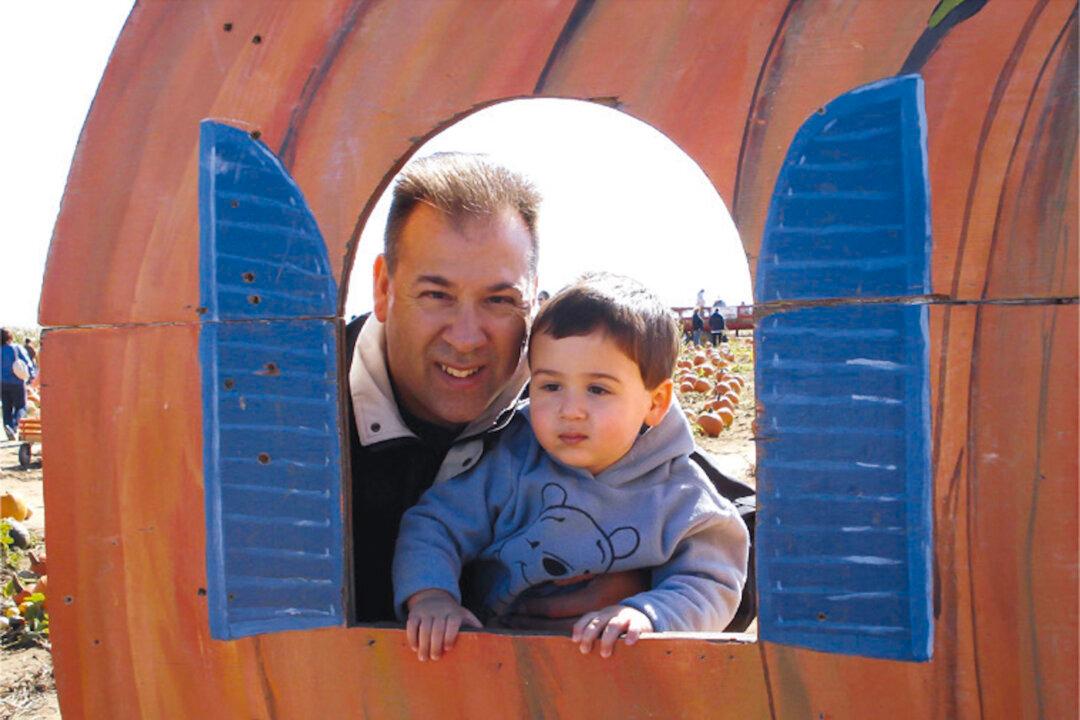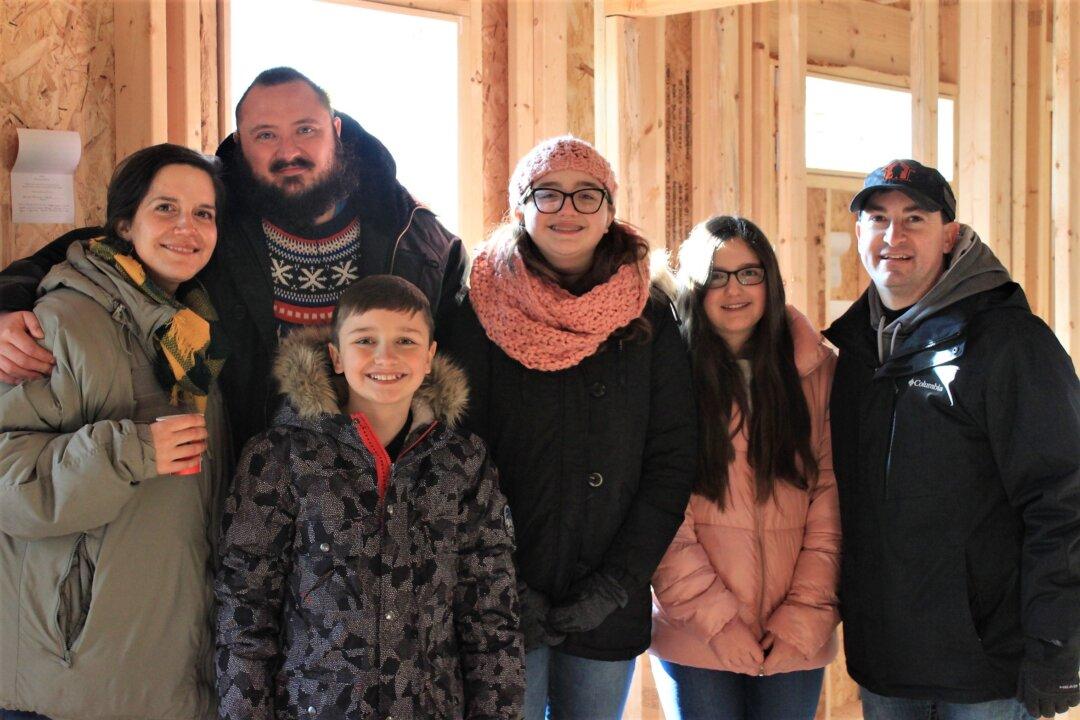When Dr. Scott Morris first opened Church Health at 1210 Peabody Avenue in Memphis in 1987, he saw 12 patients that first day. Today, Morris’s efforts to serve the uninsured and underserved people have surpassed 80,000 at his expanded primary care clinic in downtown Memphis. His mission? To successfully establish a faith-based health care not-for-profit that serves the poor and uninsured, making sure they take care of their bodies and their spirits.
Growing up, Morris had a keen interest in serving the church, but the thought of preaching in front of a large crowd sent shivers down his back. One day, he was sitting in the chaplain’s office at Yale Divinity School, and he noticed a pamphlet that explained how to start a church-based health clinic. From that moment on, Dr. Morris knew what his life mission would be: to serve the poor by taking care of their health. When he finished his medical residency at the Medical College of Virginia, the Atlanta native (who also was an ordained minister in the United Methodist Church) was eager to start his own clinic.





